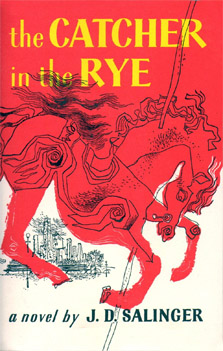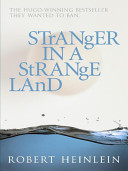I am an avid reader. I started in high school, voraciously reading science fiction. I can get through 3 or more Sci Fi novels in a week.
I used to be a frequent visitor to the used book stores.

The advent of eBooks was a godsend. Instead of raiding the used book stores, and carrying 6 or 7 books when I go on business trips, I use a reader.
My first reader was a Sony. I got it before the launch of the Kindle, so it was the only real choice. I loved that thing. I could carry as many books as I wanted to carry, and always had fresh material.
A couple years later, my Sony got stolen, and I replaced it. This was probably 2010 or so.
In the mean time, the Amazon Kindle launched and pretty much took over the market. But I had a pretty large investment in ePub books, and they are not compatible with the Kindle. So the kindle was never a really an option.
Fast forward to today. My sony has been through 3 batteries, and is feeling its age. I still have a shitload of ePub books (with and without DRM), and I read mostly on one of my tablets. Yes, it isn’t as satisfying as a good e-ink display in bright light, but it is convenient.
But the tablet is not an ideal platform. The temptation to just drop to email, or do a quick check on Facebook is too great, and interrupts my reading.
Kindle makes an appearance
I was browsing Amazon a few weeks ago, and one of their free kindle books was tempting. I had known that there was an app for my iphone/ipad and android tablet. So I grabbed the free book, and the app and started reading. I reall liked it.
The Kindle ecosystem has some great attributes:
- The store is very well set up. It is easy to find what you are interested in. Plus, since I have been buying books and media from Amazon for 14 years or more, they know what I like. So their recommendations are on target.
- The buying process is easy. No, I am not using whispernet, but it is real easy to buy a title and have it sent to one of my devices.
- The selection on the store is amazing. Amazon truly does have the widest selection, and the prices are good. I mostly bought before from the Sony store, or the Google Play store. Rarely from the Apple itunes store.
So, I am once again in the market for a dedicated reader. While the tablets are nice, and very servicable, a dedicated reader has some benefits, including the higher resolution e-ink screen, and vastly longer battery life.
I could go back to Sony, but the quality and features have really degraded. Or rather they haven’t kept up. Kobo is another choice, but again, it is a distant 3rd place.
Thus, it looks like I will be opening my wallet to buy a kindle. Probably a Paperwhite Wifi unit.
I can use Calibre to convert my ePub library to kindle format. So I will be able to move over most of my collection seamlessly.
I have held out against the Kindle for a long time. Early kindles seemed toylike and cheaply built, but it is clear that it has won the e-reader market.


